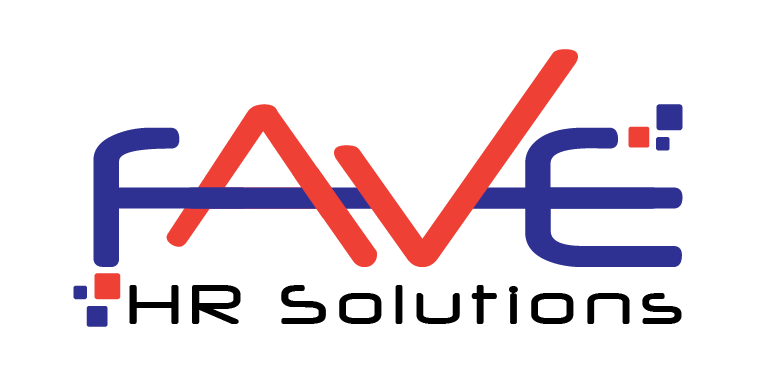
In today’s diverse and multicultural work environment, ensuring a safe and respectful workplace is paramount. The Prevention of Sexual Harassment (PoSH) Act, 2013, mandates that organizations provide PoSH training to educate employees about their rights and responsibilities. However, one critical aspect that often gets overlooked is the language in which this training is delivered. Conducting PoSH training in regional languages can significantly enhance understanding and compliance, fostering a truly inclusive workplace.
Understanding the Importance of PoSH Training
PoSH training aims to create awareness about what constitutes sexual harassment, the legal framework in place to address it, and the procedures for reporting and resolving complaints. It helps in building a culture of respect and safety, ensuring that all employees are aware of their rights and the company’s zero-tolerance policy towards harassment.
The Challenge of Language Barriers
India is a linguistically diverse country with over 22 officially recognized languages and numerous dialects. In many workplaces, employees come from various regions, each with their own native language. Conducting PoSH training in a single, often English or Hindi, language can create barriers to understanding for those who are not proficient in these languages. This lack of comprehension can lead to:
- Misinterpretation of Key Concepts: Critical aspects of the PoSH Act might be misunderstood or overlooked.
- Hesitance in Reporting Incidents: Employees may feel uncomfortable or unsure about how to report incidents, fearing miscommunication.
- Inadequate Compliance: A lack of understanding can result in improper adherence to the procedures laid out by the PoSH Act.
Benefits of Regional Language Training
Conducting PoSH training in regional languages can address these challenges effectively. Here’s how:
- Enhanced Comprehension: When training is delivered in an employee’s native language, it ensures that the information is fully understood. This leads to better retention of key concepts and procedures.
- Comfort and Inclusivity: Employees feel more included and respected when training acknowledges their linguistic preferences. This can enhance participation and engagement during training sessions.
- Improved Reporting: Clear understanding encourages employees to report incidents without fear of miscommunication, ensuring that issues are addressed promptly and appropriately.
- Higher Compliance: With better comprehension, employees are more likely to adhere to the policies and procedures, ensuring the organization meets legal requirements.
Implementing PoSH Training in Regional Languages
To effectively implement PoSH training in regional languages, organizations can take the following steps:
- Identify Language Needs: Conduct a survey to understand the linguistic diversity of your workforce. Identify the primary languages spoken by your employees.
- Engage Local Trainers: Hire trainers who are proficient in the identified regional languages. They can deliver training sessions more effectively, ensuring cultural nuances are respected.
- Develop Multilingual Materials: Create training materials, including handbooks, videos, and presentations, in multiple languages. Ensure these materials are accessible to all employees.
- Leverage Technology: Use e-learning platforms that support multiple languages. This allows employees to access training modules at their convenience and pace.
- Regular Feedback and Updates: Continuously gather feedback from employees on the effectiveness of the training. Update materials and methods based on this feedback to ensure ongoing relevance and engagement.
Success Stories
Several organizations have successfully implemented PoSH training in regional languages, witnessing remarkable improvements in understanding and compliance. For example, a manufacturing company in Maharashtra saw a 40% increase in reported incidents and resolutions after conducting PoSH training in Marathi, the local language. Similarly, a tech firm in Karnataka experienced higher employee engagement and satisfaction when training was offered in Kannada.
Conclusion
Conducting PoSH training in regional languages is not just a legal obligation but a commitment to fostering an inclusive and respectful workplace. By bridging the communication gap, organizations can ensure comprehensive understanding and compliance, ultimately creating a safer and more supportive environment for all employees. Embracing linguistic diversity in training programs is a significant step towards achieving this goal and demonstrating true respect for the multicultural fabric of our workforce.

